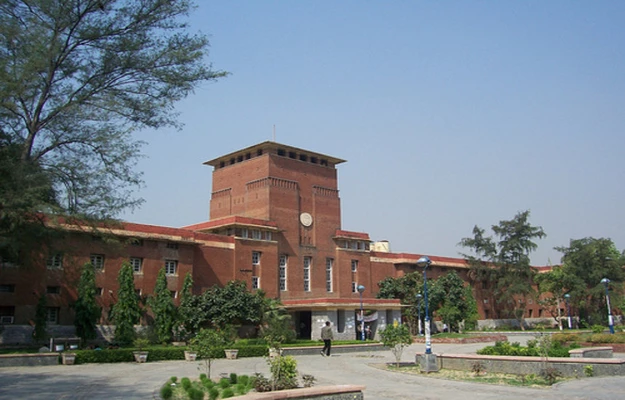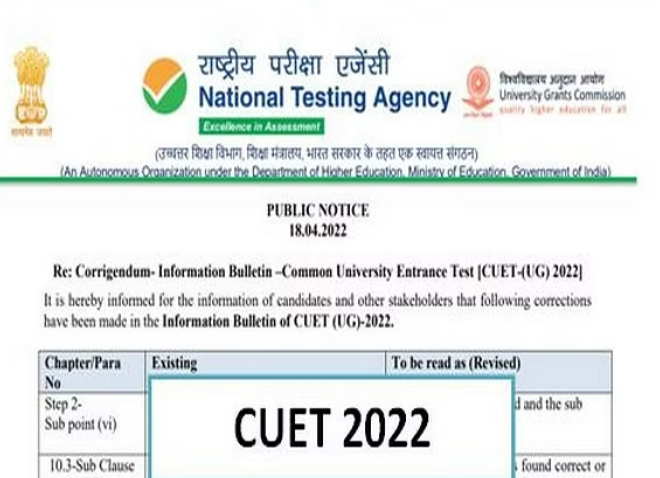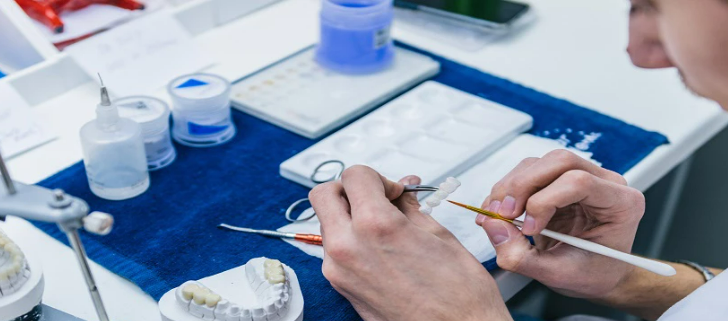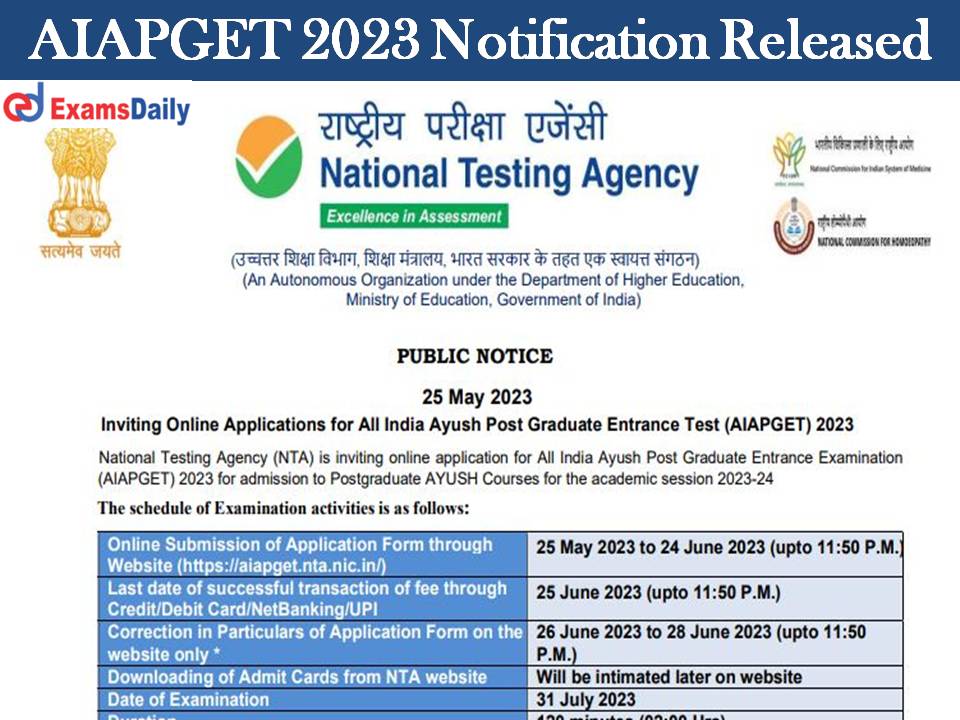2 Govt. Medical College Receive NMC Approval for MBBS Seats in TamilNadu
The National Medical Commission (NMC) has approved 150 MBBS seats for each of Government Kilpauk Medical College and Thoothukudi Medical College, which is a promising step for aspirant medical students in Chennai. However, much to the amazement of college administrators and the medical community, this approval is only good for a year. Despite being one of the oldest universities in the city, it is still unknown why the clearance time was shortened. Let’s discuss the consequences for these renowned medical institutes as we dig deeper into this news.
Chennai’s Esteemed Medical Colleges
Government Kilpauk Medical College (GKMC)
The National Medical Commission (NMC) has approved 150 MBBS seats for each of Government Kilpauk Medical College and Thoothukudi Medical College, which is a promising step for aspirant medical students in Chennai. However, much to the amazement of college administrators and the medical community, this approval is only good for a year. Despite being one of the oldest universities in the city, it is still unknown why the clearance time was shortened. Let’s discuss the consequences for these renowned medical institutes as we dig deeper into this news.
Thoothukudi medical college hospital
Thoothukudi Medical College and Hospital, which was founded in 2000, has made a substantial contribution to Chennai’s healthcare system. It is associated with The TamilNadu Dr. M.G.R. Medical University, just like GKMC. It was initially approved by the NMC for 100 MBBS seats, and an additional 50 seats have since been granted. Undoubtedly, this change will open up additional opportunities for aspirational medical students to accomplish their goals.
The Approval Mysteries: A Single Year
Even though these medical colleges have received praise and have been there for a while, the NMC’s choice to approve them for only one year is puzzling. According to official sources, the NMC did not offer any justification for shortening the clearance term from the typical five years. The pressure to reapply for accreditation the next year as a result of this abrupt change imposes more administrative work and uncertainty on the institutions’ operations.
Issues with the Aadhar-enabled Biometric Attendance System Reports contend that the approval period may have been impacted by the NMC’s displeasure with the Aadhar-enabled biometric attendance system’s deployment during a recent inspection. According to sources at Kilpauk Medical College, the NMC gave the college specific instructions to produce a compliance report following the inspection. After that, a fictitious hearing was held, and the proposal was approved. Officials contend that practical challenges prevent the effective application of this method. They draw attention to the lack of provisions for academics to take unpaid time off and complain that the implementation of the NMC failed to take into account the difficulties faced by many medical institutions.
Recognition Withdrawals from the Past
In a similar development, the Aadhaar-based biometric attendance system and camera footage flaws caused three medical colleges in Tamil Nadu to lose recognition for 500 MBBS seats. The de-recognition of Government Stanley Medical College Hospital and Government Dharmapuri Medical College was later retracted after the NMC corrected its error. For the following five years, these institutions are once again respected. This illustrates the NMC’s willingness to review its choices when pertinent issues are brought forth.
Future Approvals and Counselling Officials have promised that the State will gradually secure approvals for additional medical schools, ideally prior to the start of MBBS counselling and BDS seats. The authorities are working hard to ensure a smooth admission process for the upcoming academic year even though Government Stanley, Dharmapuri, and Trichy medical colleges are still awaiting final sanction.
.


















